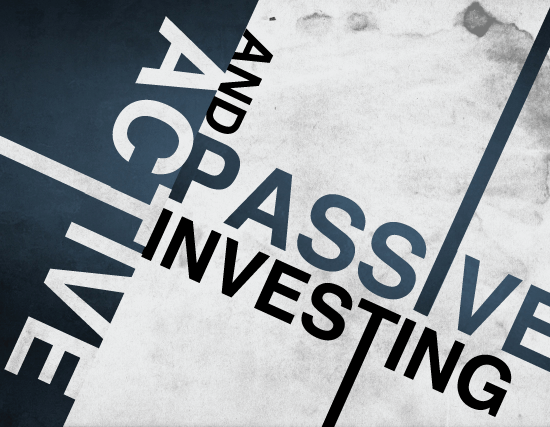Did you panic when markets tumbled earlier this year? Do you feel better now that they have stabilized? If so, you aren’t alone. The hardest part of being an investor – even a long-term one – is coming to terms with a terrible truth: we stink at investing because we are human beings.
In fact, the very cognitive behaviors that distinguish human beings from other forms of life, can lead us astray. I recently spent time with Dan Egan (check out Dan's appearance on my radio show), the Director of Behavioral Finance and Investments at Betterment, who explained that traditional economists believe that incentives, along with logical thought processes, will ultimately dominate our decisions. Behavioral economists “acknowledge that human beings are not always rational and want to help people make better decisions by using their emotions to their advantage.”
As an example, he cited retirement plan enrollment. Since the inception of defined contribution plans, traditional economists thought that the incentive of tax relief to retirement plan participants would be enough to encourage them to start saving money for the future. All they would have to do to enroll in a plan was to check a box. Easy, right?
But that’s not what happened. Many workers simply went along with the default option of not enrolling. To help boost participation, behavioral economists lobbied to change the default to be automatic enrollment and if workers wanted out of the plan, they would have to proactively check the box. Egan says that subtle change helped retirement plan participation soar “from about 20 percent of eligible employees to over 80 percent!”
Behavioral economists want to make it easier for us to do virtuous things, like saving for retirement and harder to do harmful things. Egan contends, “Doing the right thing should be effortless,” and even the small act of checking a box requires a bit of effort.
Another problem inherent with retirement saving is myopia, or our tendency to focus on the near-term, rather than the long term. When confronted with the choice of doing something fun today, like going on vacation with your family or using available funds to help secure a comfortable retirement decades in the future, guess which one tends to win out? Egan calls this the “tyranny of the here and now. To combat it, people need to identify with their future selves and to really think about what kind of life they hope to be leading years from now.”
When it comes to managing our money, being a human being can be downright dangerous. We suffer from two biases when markets are rising: overconfidence in our own abilities to pick winners and optimism, which convinces many investors that they can outperform the market.
Conversely, when markets are diving, we suffer from loss aversion (My dad used to refer to this as the investor line in the sand: “If my portfolio goes below X, I’m getting out!”), which can prompt us to withdraw capital at the worst possible time. When everyone else is selling, there is also a herding effect, when we do what everyone else does. And of course, many investors micromanage their portfolios, when according to Dan, “you will make more money the less you muck around with your accounts.”
All of these behaviors help explain why average stock investors lag the S&P 500 index by 1-3 percent annually and active traders often lag by more than 4 percent annually. Companies like Betterment are using behavioral science to help people overcome their very natures by automating the process of saving and investing. Maybe with a little prodding, we can improve our results.
![Jill on Money [ Archive]](http://images.squarespace-cdn.com/content/v1/59efbd48d7bdce7ee2a7d0c4/1510342916024-TI455WZNZ88VUH2XYCA6/JOM+Blue+and+White.png?format=1500w)


